On their 1972 album Some Time In New York City, John Lennon and Yoko Ono featured a controversial song with an overall well-meaning message. However, as well-intentioned as it may have been, the song “Woman Is The [Redacted] Of The World” may not have been the radically supportive statement that Lennon and Ono were hoping for.
Videos by American Songwriter
According to the 2016 book Public Interests: Media Advocacy And Struggles Over U.S. Television by Allison Perlman, Ono initially uttered the phrase in a 1969 interview with Nova magazine. The phrase has been partially attributed to Zora Neal Hurston’s book Their Eyes Were Watching God, in which one of its characters relays a similar statement.
Additionally, Lennon stated in a 1972 television interview that James Connolly, an Irish revolutionary, was also an inspiration, specifically via his quote, “the female worker is the slave of the slave.” The song was apparently meant to express that “women were the most oppressed group in the world and within oppressed groups themselves, women are the most mistreated and relegated to the lowest status rung,” according to Perlman.
However, the use of a racial slur by a white Englishman and a Japanese woman raises universal issues. Admittedly, things were different in 1972. Cancel culture wasn’t a thing, and people got away with much more heinous acts than even this. Still, it begs the question: Should John Lennon and Yoko Ono have used this word at all?
In 1972, John Lennon and Yoko Ono Caused Controversy With a Well-Meaning but Ill-Advised Statement
Despite using a racial slur in the title of a song in 1972, John Lennon and Yoko Ono remain celebrated figures today. Ono is beloved through her continued work, and Lennon through his memory. There’s more or less nothing wrong with that. I believe cancel culture in today’s world has an unfortunate habit of ignoring gray areas and nuance. It often forgets that celebrities are people, too. People make mistakes, it’s part of being human.
Still, to write a song with this title and use the historical mistreatment of black communities as a vehicle for a blanket feminist statement is unwise at the least and erasure at most. I understand that 1972 standards are not the same as 2025 standards. However, it’s an unbalanced comparison any way you slice it.
While running the risk of oversimplifying things, it’s common sense that racism and misogyny are both bad, and one is not inherently worse than the other. But the perspective Lennon and Ono used ultimately caused more harm than good. By saying “women have it worse than anyone in the world,” they essentially minimized the global effect of systemic racism.
Despite the Controversy, the Song Was Still Celebrated
While radio stations refused to play the song at the time, it still peaked at no. 57 on the Billboard Hot 100. The National Organization for Women claimed the song offered a “strong pro-feminist statement.” Additionally, the trade magazine Cash Box described it as the “most powerful epic to come out of the women’s movement so far.”
As a feminist statement, the song was successful. Overall, though, it was a gross misuse of a racial slur and an unbalanced comparison of systemic issues. There was thought there, and positive intentions. However, at the end of the day, was it all really necessary? If you want strong feminist statements that don’t erase the Civil Rights Movement, maybe listen to Nina Simone instead.
Featured Image by Bettmann/Getty Images


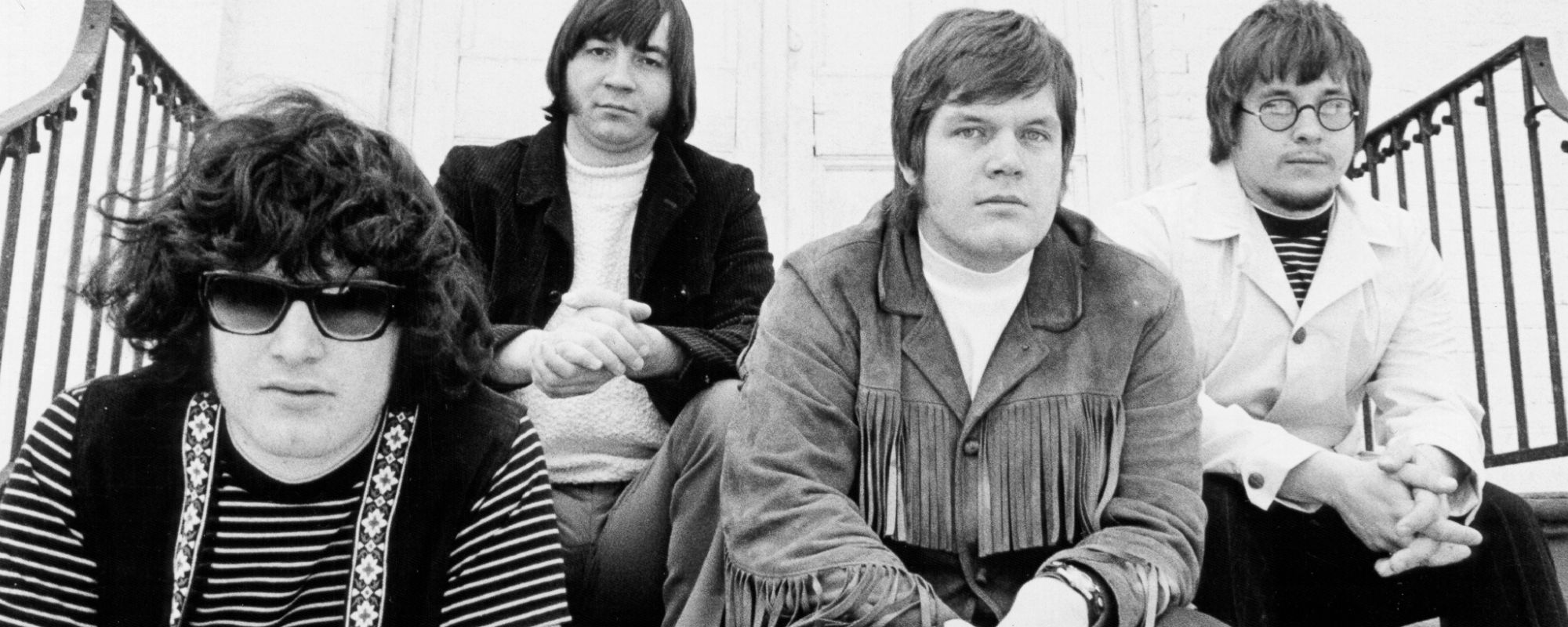

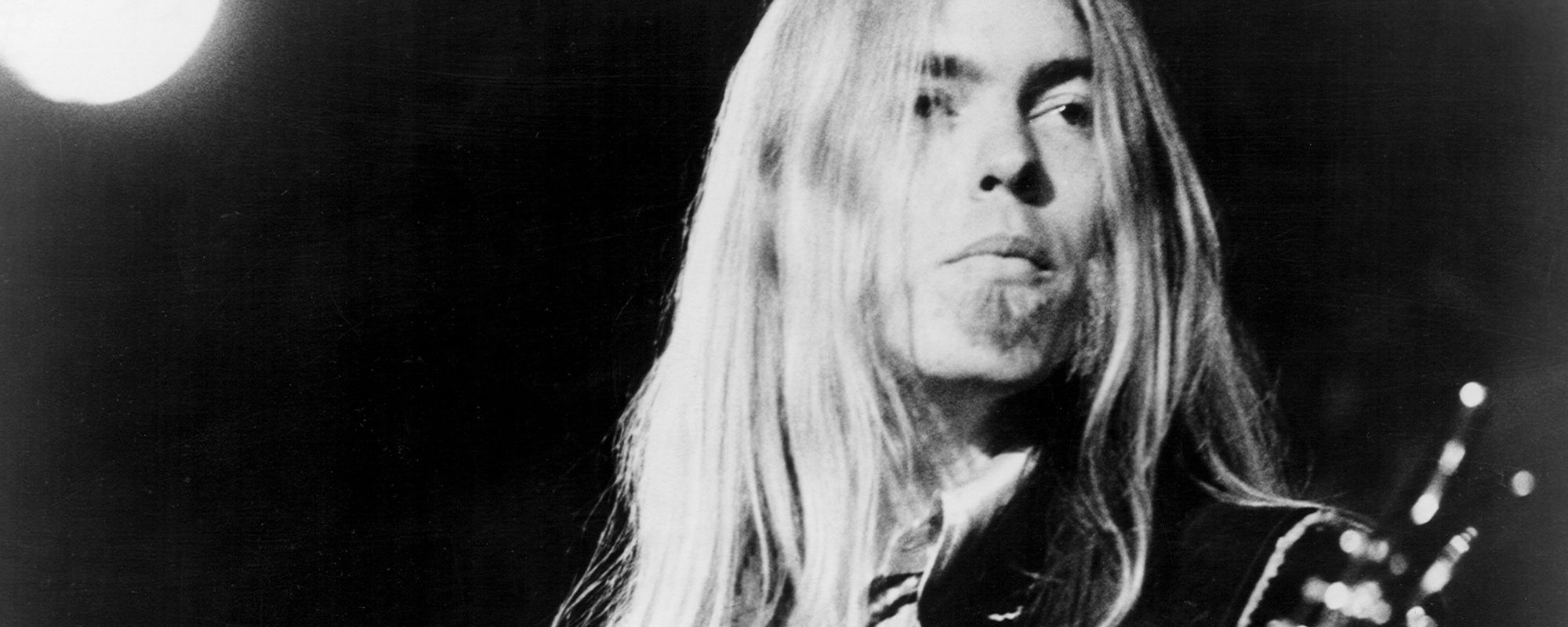
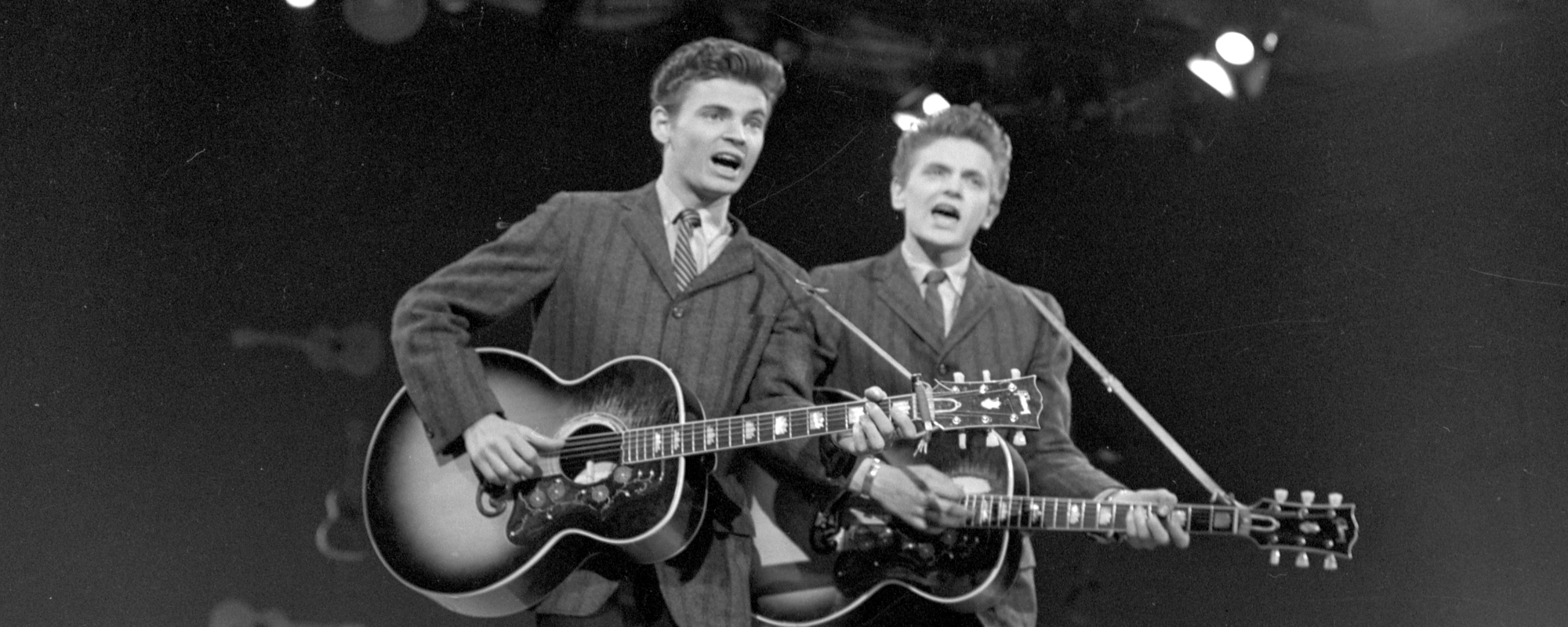


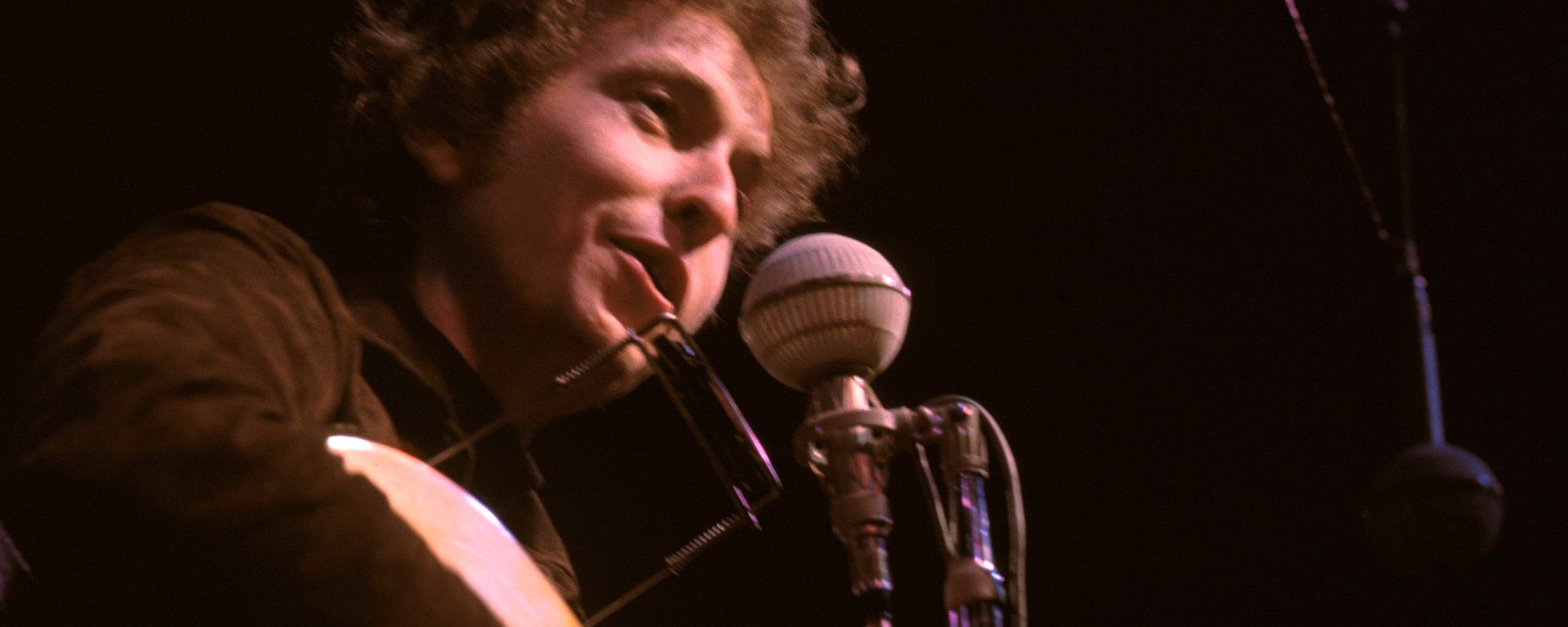
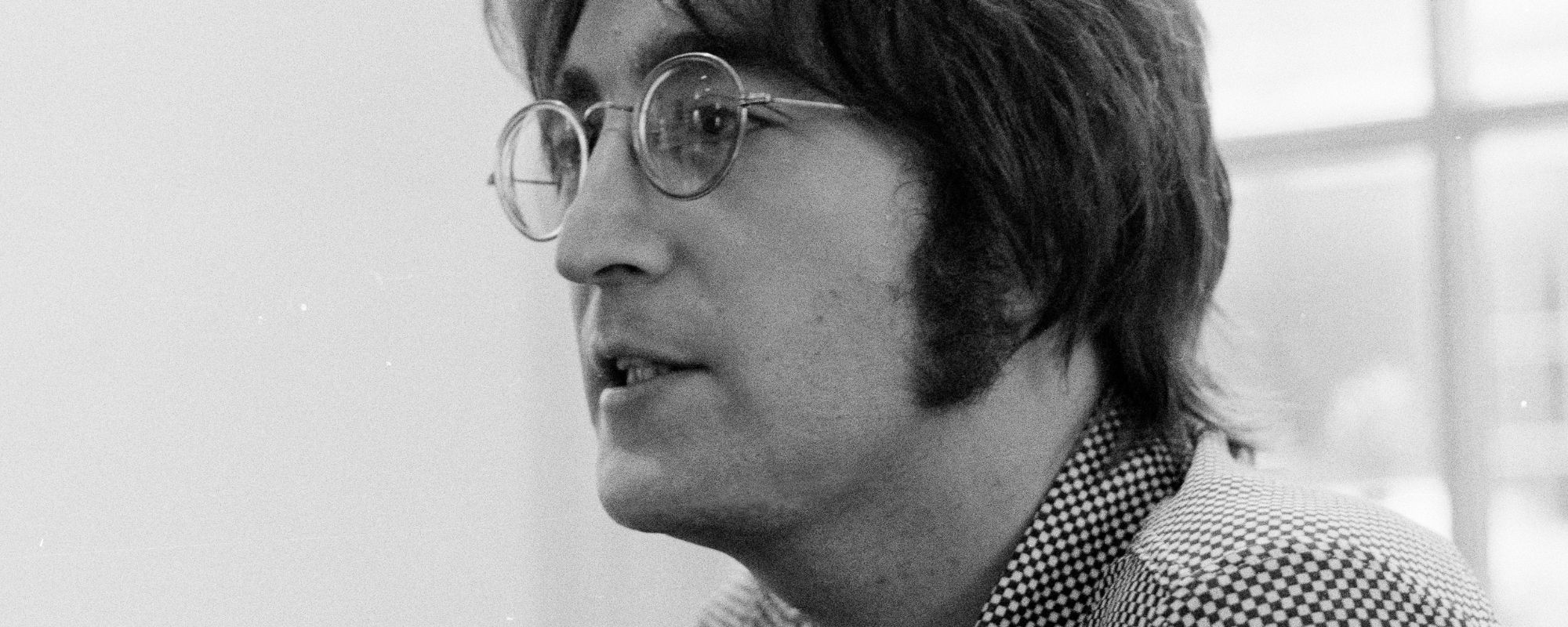


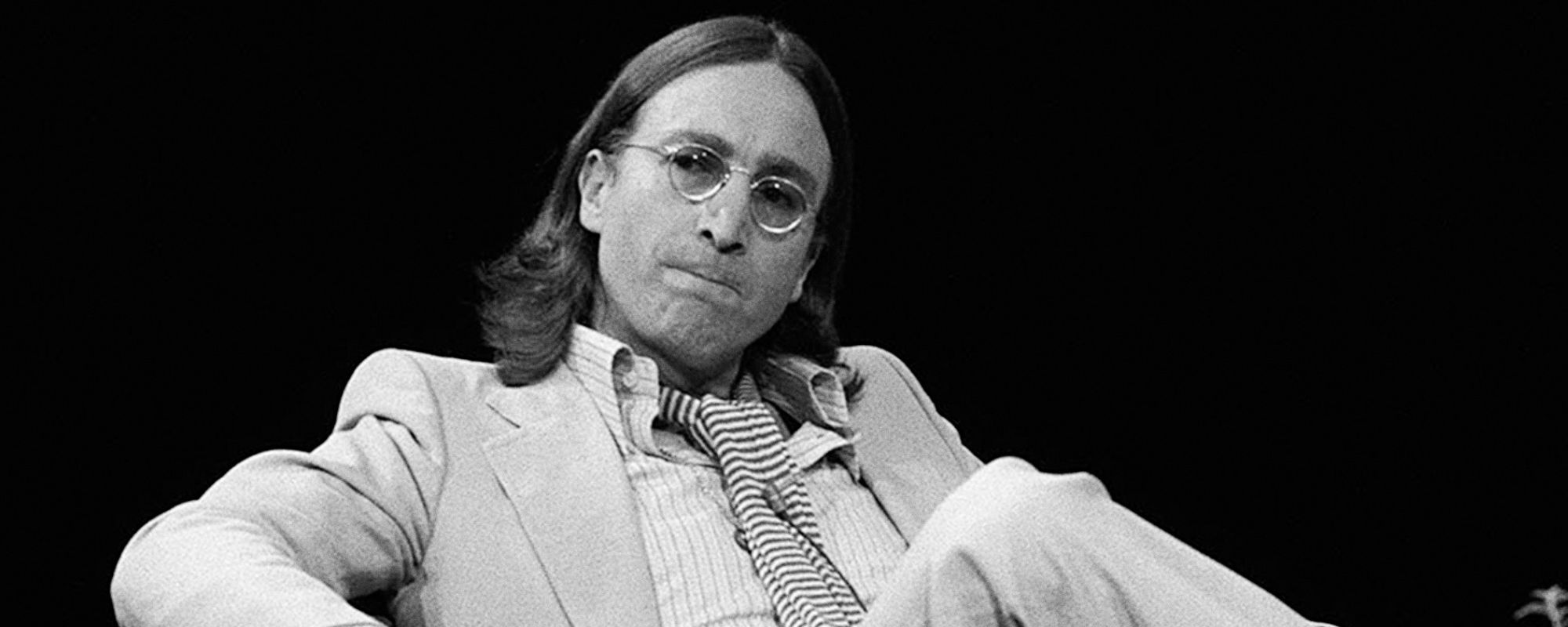
Leave a Reply
Only members can comment. Become a member. Already a member? Log in.